Dreaming of a New Home in Georgia? What Will Building It Really Cost?
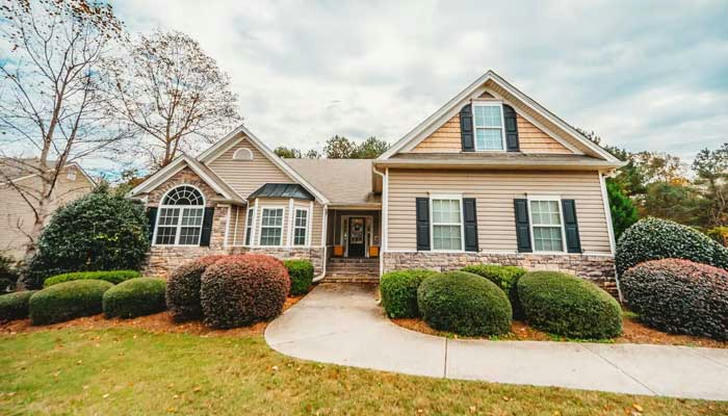
Ever wondered how much it costs to build a house in Georgia? Well, it depends on different things like where you want to build, how big your house will be, and the materials you pick. From buying land to paying the folks who build it, we'll go over the basics so you can figure out how much money you might need for your dream home in Georgia.
1. Factors Affecting Home Construction Costs
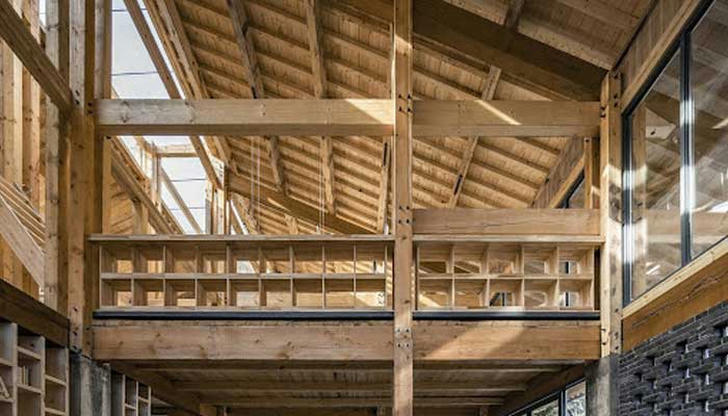
Several things can affect how much it costs to build a house. Here are some of the main factors:
Location:
In Georgia, building in cities like Atlanta might cost more than in rural areas. City prices could range from $100 to $200 per square foot, while rural areas might be $80 to $150 per square foot.
Size and Design:
A basic home could be around $100 per square foot, but if you add more rooms or unique features, it might go up to $150 or more.
Materials:
Standard materials might be $80 to $120 per square foot, but high-end materials can push it to $150 or beyond.
Labor Costs:
Labor can be around 40-60% of the total cost. So, if your total cost is $200,000, labor might be $80,000 to $120,000.
2. Average Cost Breakdown
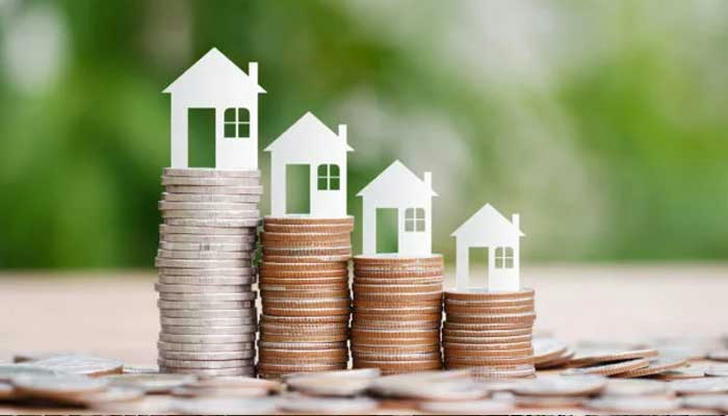
A. Land Acquisition: This can vary widely. In Georgia, rural land might cost $2,000 to $5,000 per acre, while city lots could be $10,000 to $50,000 per acre.
B. Construction Materials: Around $80 to $120 per square foot. For a 2,000 square foot home, that's $160,000 to $240,000.
C. Labor and Contractor Fees: This can be 40-60% of the total cost. For a $200,000 project, labor might be $80,000 to $120,000.
D. Permits and Fees: Permit costs vary but might range from $1,000 to $5,000.
E. Contingency Budget: It's good to set aside 10-20% of your total budget for unexpected costs. For a $200,000 project, that's $20,000 to $40,000.
3. Additional Costs to Consider
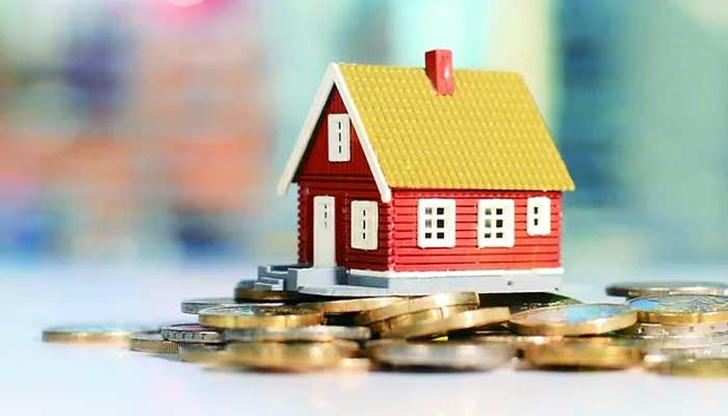
A. Architectural and Design Fees: Hiring an architect might cost 5-15% of the total project. For a $200,000 project, this could be $10,000 to $30,000.
B. Utilities and Infrastructure Costs: Connecting your new home to utilities like water, electricity, and sewage can vary but might range from $5,000 to $20,000 or more.
C. Landscaping and Exterior Features: Budget for landscaping and any additional exterior features. This can vary widely based on preferences, but a general estimate might be $5,000 to $15,000.
4. Hiring Professionals and Getting Quotes

Here are six key questions to ask when hiring contractors and getting quotes:
Are you licensed and insured?
Ensures the contractor is qualified and provides protection against potential risks.
What is your experience with similar projects?
Assesses their expertise and track record in handling projects similar to yours.
Can you provide references or examples of past work?
Offers insights into the contractor's work quality and customer satisfaction.
What is the estimated timeline for the project?
Helps in planning and ensures alignment with your expectations regarding project duration.
How do you handle changes or unforeseen issues?
Clarifies the process for dealing with unexpected challenges and any associated costs.
What is included in the quote, and are there any potential additional costs?
Ensures a clear understanding of the services covered in the initial quote and identifies any possible extra expenses.
5. Potential Savings Strategies

Saving money when building a house requires strategic planning and smart decision-making. Here are some tips to help you cut costs without compromising quality:
Set a Realistic Budget:
Figure out how much money you have for building your house. Plan where each dollar will go, considering things like buying land, materials, paying workers, and getting permits. Having a clear plan helps you avoid spending too much.
Compare Multiple Quotes:
Don't just pick the first option you find. Talk to different builders and shops to see how much they charge. This way, you can find the best deal and maybe even negotiate for a better price.
Smart Material Choices:
Choose materials that are both good and not too expensive. Look for discounts or consider using materials that are just as good but cost less. This way, you get the quality without spending too much money.
6. Real-life Examples
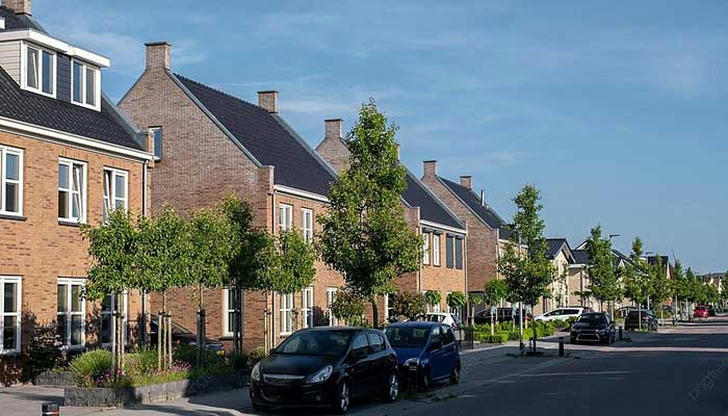
Case Study 1: Suburban Family Home
Location: Suburb of Atlanta, Georgia
Size: 2,500 square feet
Construction Materials: Standard quality
Land Acquisition: $40,000 for a quarter-acre lot
Labor and Contractor Fees: $150,000
Permits and Fees: $3,000
Architectural and Design Fees: $15,000
Utilities and Infrastructure Costs: $10,000
Landscaping and Exterior Features: $7,000
Total Cost: $425,000
Timeline: 10 months
Case Study 2: Urban Loft-style Condo
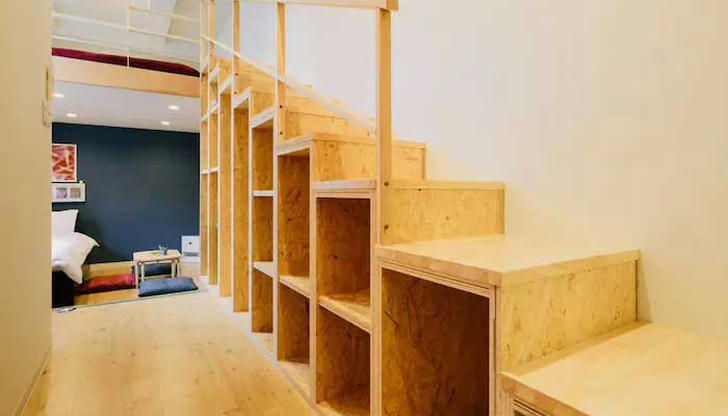
Location: Midtown Atlanta, Georgia
Size: 1,200 square feet
Construction Materials: High-end finishes
Land Acquisition: Condo, so no land acquisition cost
Labor and Contractor Fees: $120,000
Permits and Fees: $2,500
Architectural and Design Fees: $10,000
Utilities and Infrastructure Costs: $5,000
Landscaping and Exterior Features: Limited outdoor space, so minimal landscaping
Total Cost: $337,500
Timeline: 8 months
